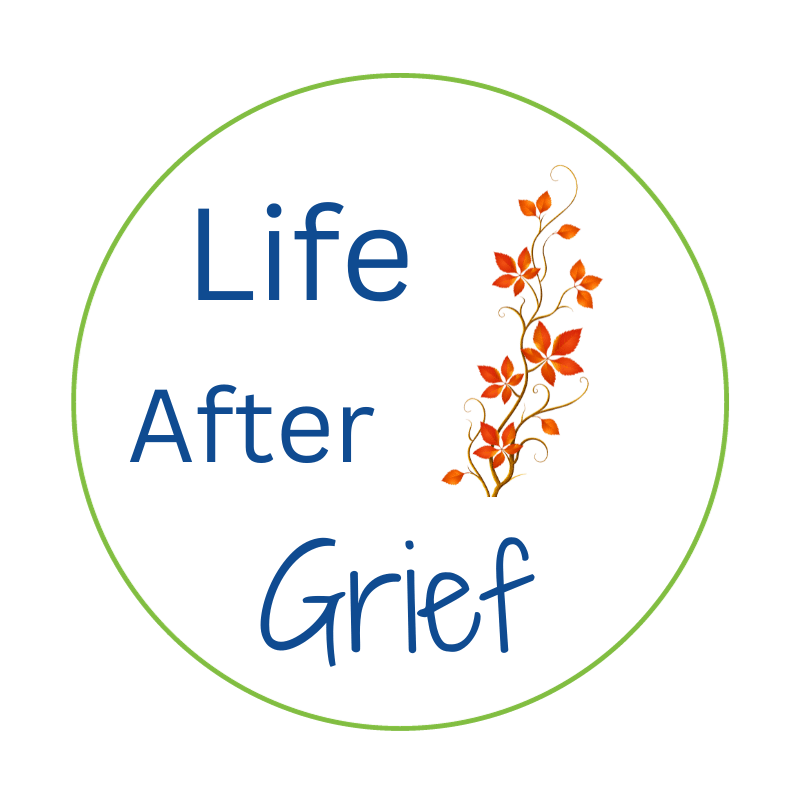
Hi everyone,
Effective problem-solving is a life skill to develop proactively, especially after a grief event. Making decisions takes energy so there is a lot of power in reducing the number of choices with predetermined screens first.
Harvard Business School’s Why Problem-Solving Skills Are Essential for Leaders offers useful tools for individuals, using Design Thinking or Creative Problem-Solving.
4 Stages of Design Thinking
Clarify - define the problem and identify who and what it affects
Ideate - design a framework to answer it, avoiding assumptions
Develop - choose and combine viable ideas, answer questions
Implement - apply solution with clear communication and action
3 Stages of Creative Problem Solving (applicable during the Ideate stage)
Brainstorming - think up as many solutions as possible, from the reasonable to the outlandish
Divergent thinking - identify new solutions with targeted prompts
Alternate worlds - ask questions using different personas like past self or future self
4 Problem-Solving Skills for Leaders
Problem framing - figure out the scope, context, and perspective for the problem you are facing
Empathy - consider who and what the problem impacts
Breaking cognitive fixedness - avoid getting stuck in past experiences
Creating a psychologically safe space - don’t judge yourself or any idea you come up with
It’s important to problem-solve in a way that works for you. There is no single ‘right’ way.
Ask yourself:
Does this strategy make sense for you?
How much time and energy will it take?
Is it likely to solve the underlying problem?
How Do You Figure Out the Core Problem?
Identify the core of any problem to choose the best solution. You will find it by evaluating the human cost. The key is to get clarity first before seeking to resolve the issue.
Ask yourself, “Is the biggest breakdown the problem is causing in the area of mindset, productivity, communication or connection?”
If MINDSET, it might provoke lack of confidence, negative thinking, overwhelming feelings or loss of trust in yourself, others and the world.
Loss of a job or trouble finding one can make a person doubt their value. The issue is when you carry that doubt into the next interview.
Possible options - write out accomplishments, repeat affirmations, journal, read positive reviews out loud in front of a mirror, talk over the gap between feelings and reality with a non-judgmental friend.
If PRODUCTIVITY, it might mean not getting things done, having difficulty with planning or execution, being less efficient than usual at following through on projects.
When it takes longer to get a task done than usual because it’s hard to focus, remember things or have staying power to finish, it can have serious consequences, such as diminished trust in your competence.
Possible options - take baby steps and break the task into smaller parts, build nets (write appointments in calendar immediately), ask for help so nothing important falls through the cracks.
If COMMUNICATION, it might be a misunderstanding caused by words spoken in anger, judgment, a lack of communication necessary to complete a project or discuss a tough situation, or missing appreciation.
Being too proud to discuss a tough situation before it becomes an even bigger problem can cause rifts in important relationships which are not always easy to heal.
Possible options - notice painful communications as quickly as possible, clarify what action you want to take (open conversation, make a request, walk away), do whatever makes sense to you.
If CONNECTION, it might be taking time to be alone, including self-care and rest, spending time with people you love, human touch or brainstorming business ideas with colleagues.
Loneliness is now a crisis, which was made worse by the isolation of the pandemic. Human touch was missing for many of us, especially those who had no partner, children or pets.
Possible options - identify what kind of connection you are hungry for, put time for connection into your schedule, ask for what you need.
A Walk My Talk Example
After my husband, David, died of pancreatic cancer in 2016, I developed gaps in my memory that made it difficult for me to trust myself and get things done. Over time (@3 years), I regained my ability to remember important details but not my trust in my mind.
This meant I was afraid to work as a proofreader and editor, which I had been doing for decades because I lacked the confidence I would not screw up. I knew it was not real but it didn’t matter.
First, I participated in a cabaret workshop, which ended with two live shows. On stage, I choked, forgot the words to my songs, burst into tears and suffered through my part. My fear of failing was so big, I sabotaged myself.
Next, I applied for and got a job as assistant editor and proofreader during the 2021 General Assembly (when they take on extra staff to cover the meetings). I needed to prove to myself that I could trust my muscle memory for this work. Everything turned out fine but I was scared it wouldn’t.
In 2023, I am on a quest to exercise my brain and increase its agility so I have entered the Stafford Challenge to write a poem a day for a year. I am trying different poetry forms to force my brain into new pathways. My ability to think without fear is returning.
*****
The problem was mindset and productivity. I had to prove that I could trust my mind and body again. When I analyzed the core problem, it was not my ability but my trust in myself. Talking to myself alone didn’t work (mindset). I had to prove it to myself in action (productivity).
The good news is that any move gives you a new perspective. There is no wrong choice only what makes the most sense to you.
Next Steps
This newsletter issue, 3 Ways to Solve Problems When You Are Grieving offers several problem-solving strategies for any situation. After a loss, making decisions becomes much harder. Let’s chat.
Schedule a complimentary 20-minute zoom call to talk about how to move forward with more ease on your grief journey. Click the link below: https://thebadwidow.com/ConnectWithAlison.

